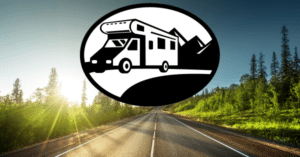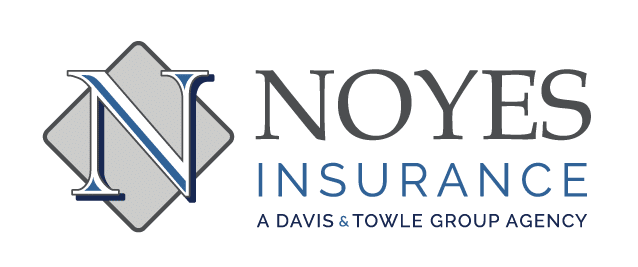The concept of sightseeing no doubt predates the invention of the wheel. When the weather is right and the mood strikes, there is clearly something in humans that cries, “Road trip!”
 Of course, it is no coincidence that motor courts, auto parks, and motels (short for “motor hotels”) developed soon after the advent of motor cars. And today, many folks long for a home away from home when hitting the highways. That means the recreational vehicle (RV).
Of course, it is no coincidence that motor courts, auto parks, and motels (short for “motor hotels”) developed soon after the advent of motor cars. And today, many folks long for a home away from home when hitting the highways. That means the recreational vehicle (RV).
Your RV may be your retirement home, your favorite alternate lifestyle possession, or a temporary rental. Your pleasure may be a long-term tour to escape winter weather, an extended visit to friends and relatives, or just a short vacation. In every case, your Noyes Insurance agent wants your travels to be safe. That starts with a review of your current New Hamsphire auto coverage to be certain the vagaries and unique exposures of RVs are properly covered, and it also includes a focus on safety in your planning and vehicle operation.
To get your safety brain engaged, here are a few solid recommendations from RV experts:
- If this is your first trip in a particular RV, be sure to take it for a test drive. RVs, especially when fully loaded, have a myriad of driving considerations that go far beyond a typical auto’s. Cornering, turn radius, braking distance, blind spots, towing, acceleration, and height are just a few of the operational considerations you should be comfortable with before beginning your trip.
- Propane safety is important in any motor home. From cooking to overall operations, the amount of propane stored represents a significant hazard. Be certain your equipment is properly inspected. Make sure you understand proper filling procedures, your maximum capacity, and what to do if you suspect or discover a leak.
- For safety purposes, consider a motor home as a combination of your home and car. Tips important to both also apply here, including; Install deadbolt locks; make sure smoke alarms and fire extinguishers are operational; inspect headlights, turn signals and all belts and hoses; and check all other operational equipment to be sure it is defect-free.
- Assemble a safety kit with flashlights, batteries, road flares, repair tools, tape, jumper cables, and emergency food and water.
- Always wear seat belts when the RV is moving. This is particularly important since passengers often act as they would in a home — sitting around a table playing games, snacking, and cooking. They forget they are in a moving vehicle and subject to being thrown about by a sudden stop or collision.
RVs can add immeasurably to the enjoyment of your road travel, as long as proper preparation takes place before the trip and safety precautions are followed during. For added safety, make sure you have the best coverage and pricing on your insurance. From Class A motorhomes to pop-up campers, Noyes Insurance in Plymouth NH insures all types of recreational vehicles—even travel and utility trailers. Start your free quote today and see how we can make life on the road, easier (and less expensive)
Safe travels!
Sources:
http://www.funroads.com/rv-travel/safety/checklist/
http://www.sharetheroadsafely.org/cardrivers/RVSafety_Tips.asp
http://www.dmv.org/how-to-guides/rv-handling.php
http://www.funroads.com/rv-travel/safety/overloaded/
